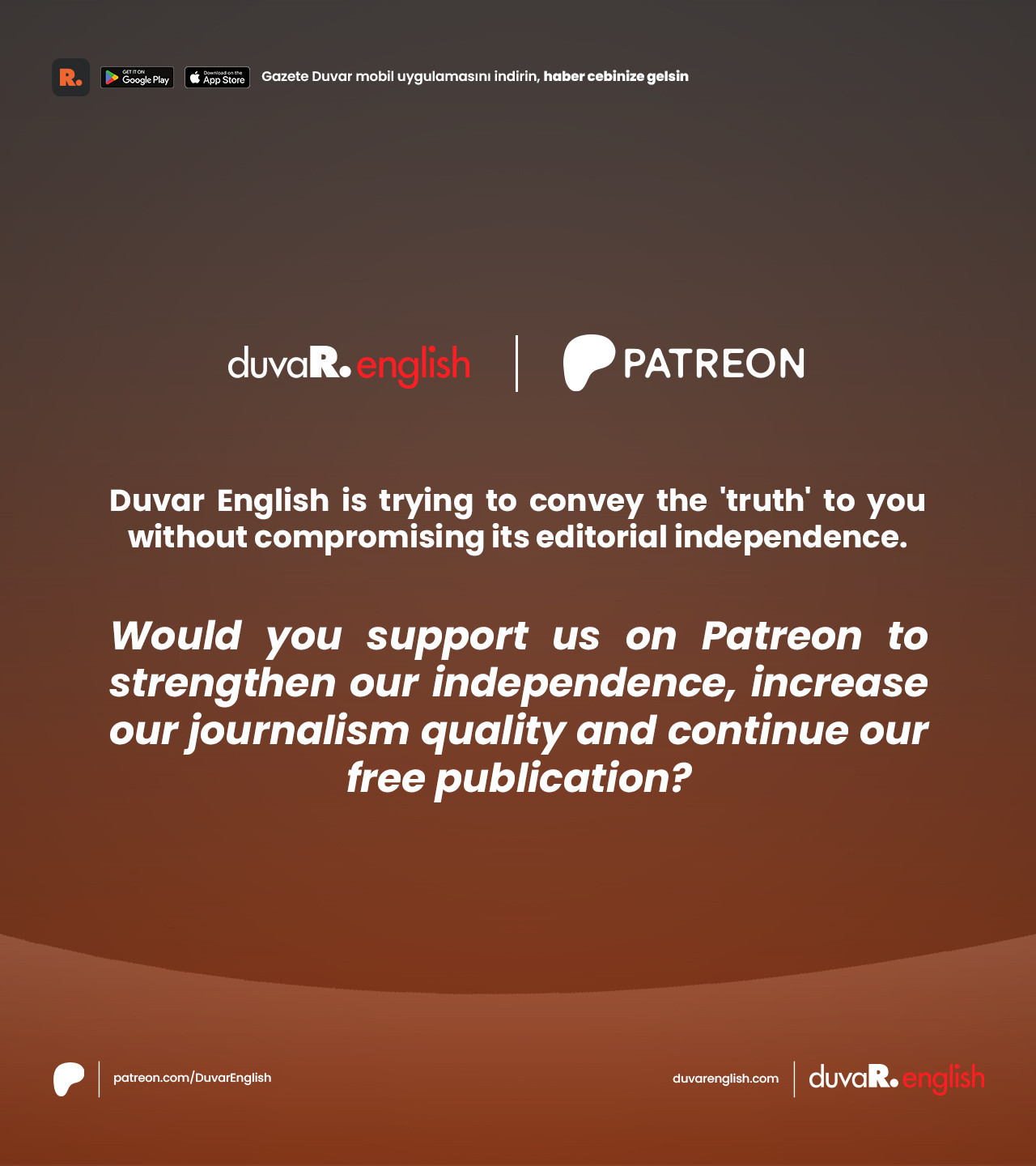Turkish gov’t ally deletes old post in favor of Kurdish autonomy after targeting opposition for ‘terrorism support’
Turkish government’s ultranationalist ally Great Unity Party (BBP) chair Mustafa Destici has deleted his 2012 post, saying “We can accept (Kurdish) autonomy” after it went viral. The move came after he accused almost all opposition parties of “supporting terrorism.”
Duvar English
Turkish government’s far-right ultranationalist ally Great Unity Party (BBP) leader Mustafa Destici has deleted his old post in favor of Kurdish autonomy after it went viral on social media.
In a 2012 post, Destici said “We can accept (Kurdish) autonomy, so that mothers and fathers do not suffer.” He added that talks with the outlawed Kurdistan Workers’ Party (PKK) and its jailed leader Abdullah Öcalan should continue, referring to the "peace process" between the Justice and Development Party (AKP) government and the armed organization.
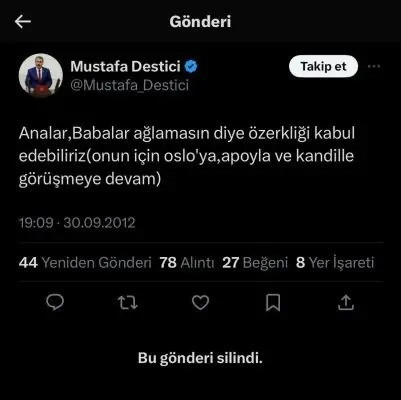
Destici’s post went viral on social media after he accused almost all opposition parties of supporting terrorism.
On Jan. 13, he shared the logos of 25 major and minor political parties and said “There should be a total fight against all elements of terrorism.”
"Fighting the terrorist organization only in the mountains is not enough to eradicate and end it. Terrorism must be fought with all its elements, especially its political extensions,” he added. His post stirred a huge reaction.
The Turkish government has been building a discourse alienating opposition parties by accusing them of “aligning terrorist organizations,” which heightened especially during the 2023 elections.
The PKK launched its first attack in 1984 and the 1990s saw intense conflict between the PKK and Turkish Military especially in the country's southeastern region. Recep Tayyip Erdoğan's government started to take steps regarding the Kurdish question in 2009 and initiated a "peace process" between 2013–2015 with the armed organization.
Nonetheless, the peace process failed in 2015 and an intense armed conflict erupted in southeastern Turkey until 2016. Dozens of civilians died and many cities were demolished during the period.

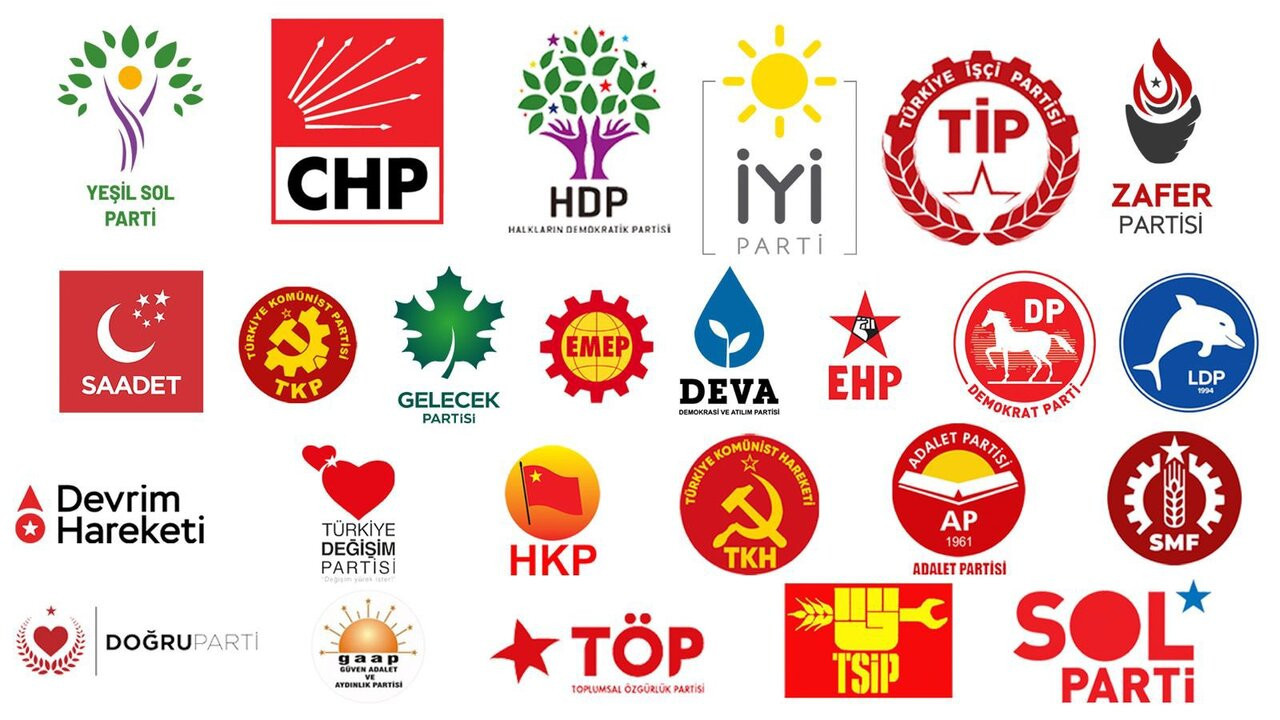 Turkish gov’t ally targeted 25 political parties as ‘terrorism supporters’Politics
Turkish gov’t ally targeted 25 political parties as ‘terrorism supporters’Politics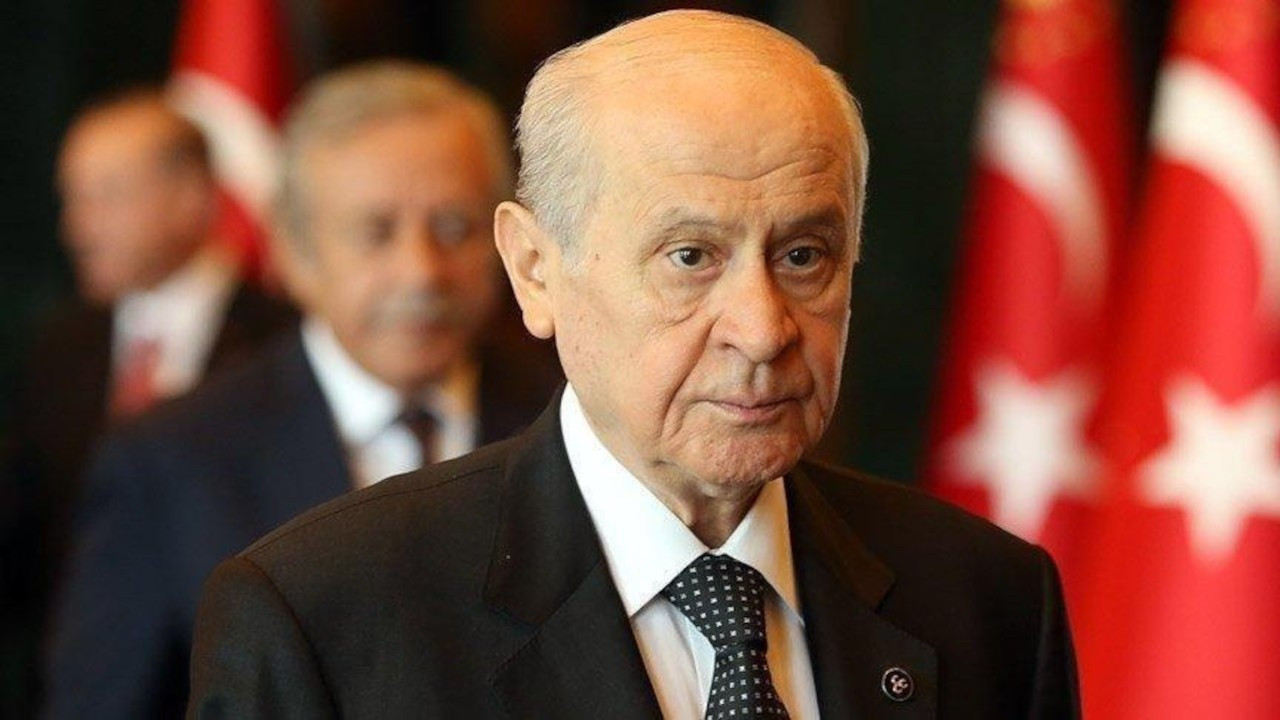 Gov't ally Bahçeli targets CHP MP Tanrıkulu, calls him 'rotten' and 'PKK Spokesperson'Politics
Gov't ally Bahçeli targets CHP MP Tanrıkulu, calls him 'rotten' and 'PKK Spokesperson'Politics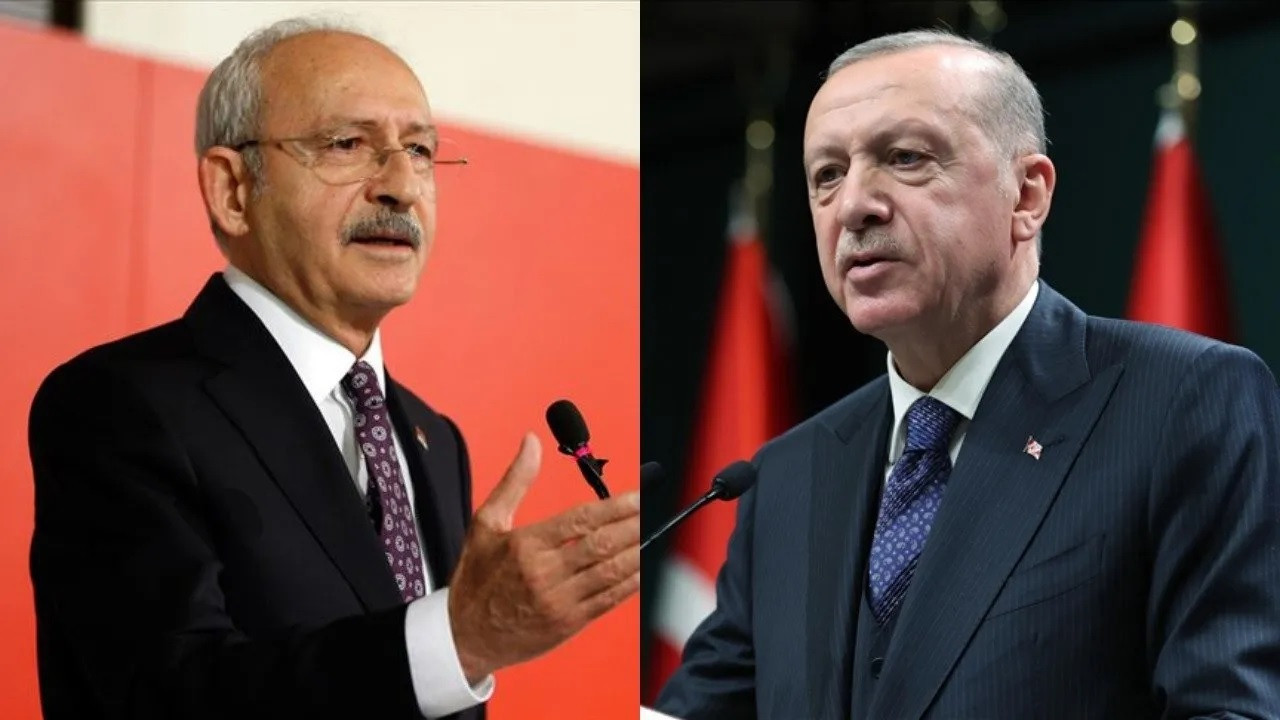 Kılıçdaroğlu calls Erdoğan 'fabricator' over montage video linking former with PKKPolitics
Kılıçdaroğlu calls Erdoğan 'fabricator' over montage video linking former with PKKPolitics